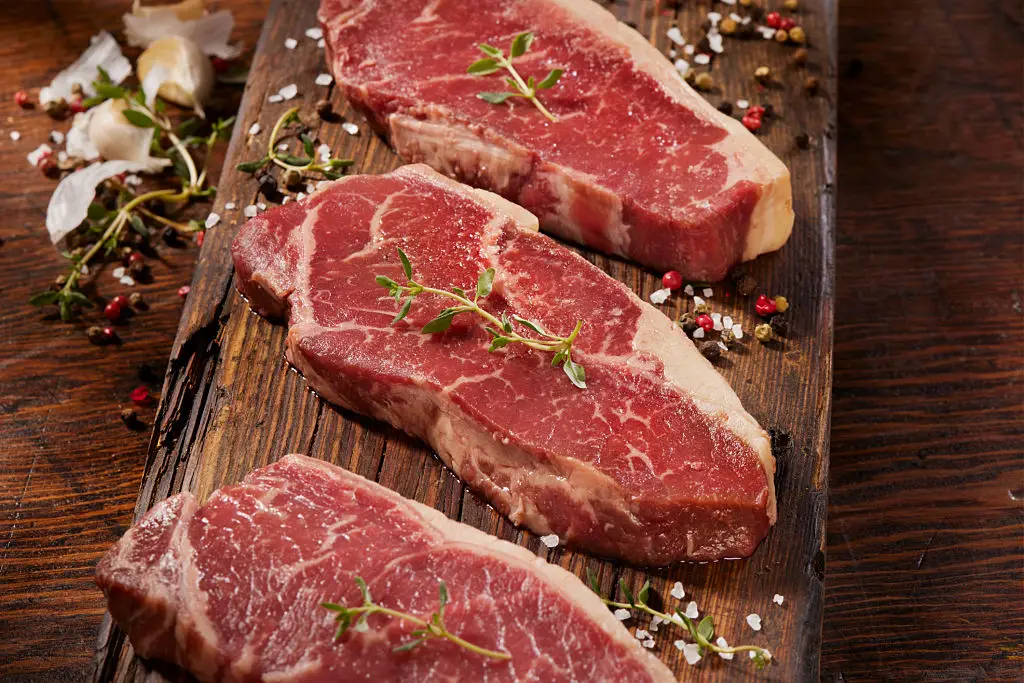The 4 Cholesterol Myths That Are Sabotaging Your Diet (and What to Eat Instead)
If you’ve ever felt overwhelmed by confusing cholesterol advice, you’re not alone. For years, headlines and well-meaning tips have warned us away from certain foods in hopes of keeping our hearts healthy. But as research evolves, many old beliefs about cholesterol just don’t hold up—and hanging onto these myths could actually make healthy eating much trickier than it needs to be. Whether you’ve skipped eggs for breakfast, eyed a piece of steak with suspicion, or packed your cart with “low-fat” everything, you might be following advice that’s past its expiration date. This list breaks down the four most stubborn cholesterol myths that are still shaping our food choices—along with gentle, science-backed suggestions for what to eat instead. Take a deep breath, grab your grocery list, and get ready for practical, positive changes that help you feel good about every bite.
1. The Saturated Fat Myth

For decades, saturated fat has carried a reputation as the “bad guy” of heart health. Many of us learned to trim fat from steaks, shun butter, and check labels for anything labeled “low-fat.” But today’s experts are rethinking these old rules. Recent studies show the story isn’t so simple: not all saturated fats are equal, and their impact depends on overall diet, food quality, and what’s substituted in their place. Swapping natural fats for ultra-processed carbs or added sugars often leads to worse heart outcomes. Quality and balance matter far more than flat avoidance. Healthy fats like those in olive oil, avocados, fatty fish, and moderate portions of grass-fed meats help your body thrive and support long-term wellness. The key isn’t fear—it’s choosing nourishing sources while keeping an eye on the bigger dietary picture. Next time you make a meal, try adding a handful of nuts or a slice of avocado instead of just focusing on what to cut out.
2. The Dietary Cholesterol Myth

Many people have heard that eating cholesterol-rich foods—like shrimp, shellfish, or organ meats—directly spikes their blood cholesterol. But here’s what science now tells us: your body makes about 75% of its cholesterol in the liver, and for most healthy people, eating cholesterol-rich foods has a much smaller impact than once thought. In fact, major heart-health organizations no longer recommend strict cholesterol limits for the general public. Your own biology adjusts cholesterol production based on what you eat, so a shrimp cocktail or an omelet isn’t likely to throw your levels off balance. Instead of blanket restrictions, focus on building meals filled with nutrient-dense foods—think colorful vegetables, lean proteins, and a bit of shellfish or egg yolk for good measure. This gentle shift allows for satisfaction and variety without unnecessary worry.
